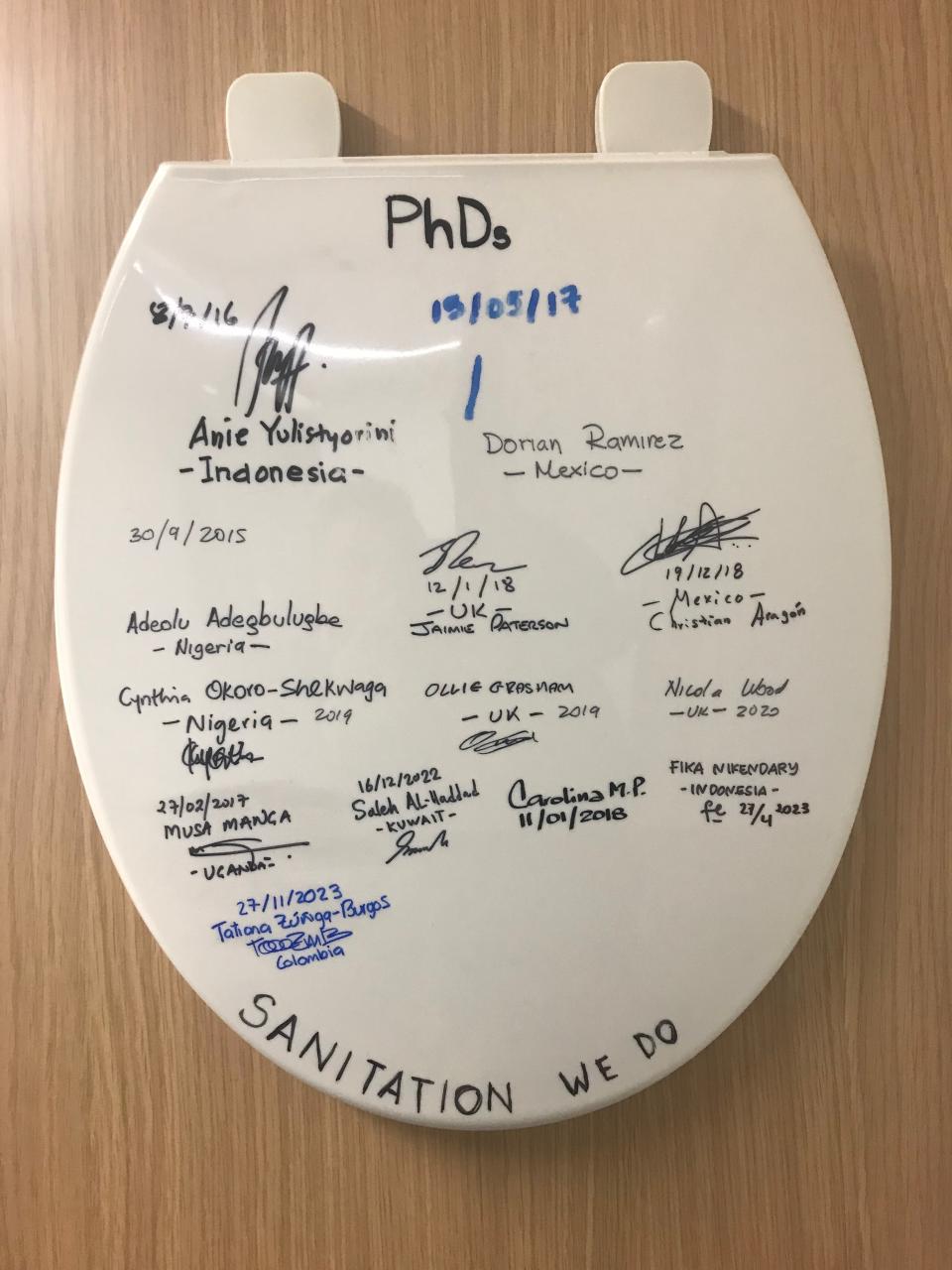We often think that postgraduate students are familiar with the higher education setting and can embark on their continuing studies or research at pace. But this can be a mistake, and we can risk their success unless we consider these four aspects.
Be (more) aware of postgraduate student backgrounds
Postgraduate students are often from diverse backgrounds and have diverse needs. They all need to reach the expected standards at the end of their training, but everyone has a different starting point. Being aware of this diversity is an important first step.
Understand the respective circumstances of your students and the context in which they are transitioning into PhD studies. We need to care as much at this point as we do at the start of their academic careers.
- Intercultural communication between PhD supervisors and candidates
- Set your PhD students up with opportunities to debate and share
- Tips for new PhD supervisors: how to hold effective meetings
Whether we think of those undertaking PhD studies as researchers or students, I believe that our role is to train and mentor them, giving them the skills they need to succeed. I like to think of them as our colleagues of the future, as ambassadors of our university, and that building a strong and supportive relationship is the cornerstone of our approach.
After all, we know that our institutional landscapes thrive on diversity and the contrasting views and life experiences that our students can bring to our communities. Good data and background practices need to be introduced to reflect this information, so we can be more aware ahead of our students beginning their programmes.
Be proactive and put yourself in the shoes of your students
We can forget that students can be changing institutions and even moving countries to continue their studies. For myself, working in a Russell Group university, I appreciate that this learning environment can feel very different for some students and we need to support them as they adapt to a new research culture and expectations.
Assuming that students have been there and done it is a mistake. Put yourself in their shoes. Think about the basics, such as accommodation advice, opening a bank account and registering with a GP surgery. This sort of practical information is at the heart of helping students settle into their new environment. Students from diverse backgrounds will certainly feel that things are done differently from what they are used to. Help them reduce those feelings of anxiety or feeling like an outsider by creating a supportive environment within your research groups.
Be there for your students in as many ways as possible
Remember how much your students need you. You are their tutor, their guide and their aide – in the good and bad times. Enable them to understand that you are there for them for whatever they need. This is particularly important when academic or personal difficulties arise. Supervision time can sometimes be more irregular to suit their research plans – but you can be there more regularly for wider pastoral support.
Beyond this, you must work to connect and signpost students to tailored sources of support, either institutional or informal within their PhD community. Try to identify those with similar backgrounds and put them in contact. I often tailor connection building as this really helps students to find peers with a similar background – and often someone they can ask questions of that they may not otherwise ask.
Be yourself and a role model for the academic system
As academics, we need to remember that we have been in our students’ shoes and we should be open and honest in sharing our experiences. This approach enables us to think and work as role models for the academic system. I firmly believe we should talk about our careers too. Sharing the highs and the lows enables our students to see they are not the first to have made mistakes, to face new challenges and to experience the dilemma of what to do after a PhD. We are human and we should show up as humans in each and every interaction.
Above all else, we should make the PhD experience memorable. It is the small interventions that can really have the most significant impact on the experience of our students.
I specialise in the area of sanitation, so when my students have their first paper published in a peer-reviewed journal, I present them with a copy of the front page in a frame and we have tea and cake to celebrate. When they pass their viva, they are invited to sign a toilet seat, which is then mounted on my office wall. I currently have 15 signatures on the toilet seat and will soon need to ask them to sign the other side – and eventually buy another from the DIY shop.

I am regularly asked “When will I get my frame?” and “When will I get to sign the toilet seat?” These are moments of extreme pride for my students – and indeed myself. This is all I need to know that they have thrived during their time at the university and enjoyed an amazing experience, as indeed have I.
Miller Alonso Camargo-Valero is associate professor of bioResource systems at the University of Leeds.
If you would like advice and insight from academics and university staff delivered direct to your inbox each week, sign up for the Campus newsletter.




comment